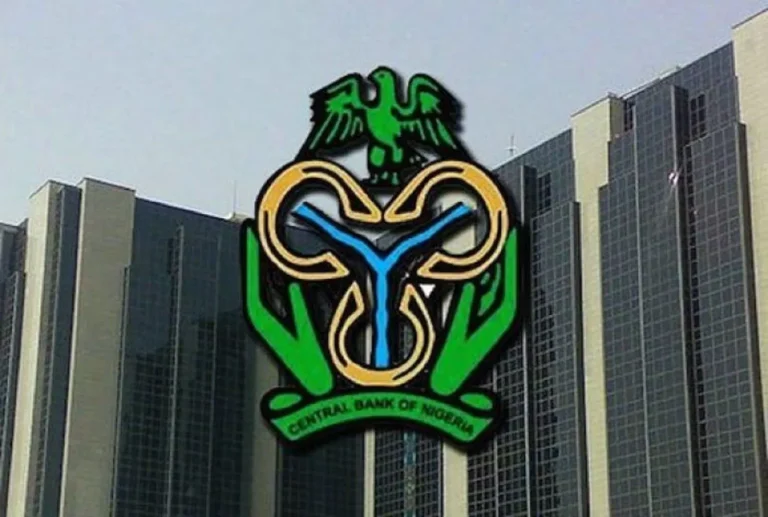By Atoyebi Nike
The Central Bank of Nigeria’s (CBN) decision to lower the Monetary Policy Rate (MPR) by 50 basis points from 27.5% to 27% has been met with divided opinions from economists and business operators.
While policy analysts described the move as a cautious but strategic step toward stabilizing the economy, many small and medium-sized enterprises (SMEs) say the high-interest environment continues to choke business growth.
Dr. Adam Abudu of the Society for Peacebuilding and Economic Advancement argued that the marginal cut offers little relief to entrepreneurs.
“Businesses need access to affordable credit to create jobs and expand investments. At 27%, borrowing remains too costly. A more significant reduction is required,” he said.
By contrast, the Centre for the Promotion of Private Enterprise (CPPE), led by Dr. Muda Yusuf, welcomed the adjustment as a “strategic and well-timed” policy shift. In a statement, CPPE said if the rate cut is sustained and supported by fiscal and structural reforms, it could unlock new investment, jobs, and inclusive growth.
On the ground, however, SME operators voiced frustration. Hajia Fateemah Bura, an Abuja-based entrepreneur, said the cost of bank loans has made it nearly impossible to sustain her business.
“The interest rate is too high for us. How do they want small businesses to survive?” she asked.
Similarly, Wuse Market trader Alvin Bulus warned that many enterprises are on the brink of collapse.
“Loans are unaffordable. Some of us who borrowed when rates were lower are now struggling under heavier repayment costs,” he said.
At its 302nd meeting in Abuja, the Monetary Policy Committee also adjusted the asymmetric corridor around the benchmark rate to +250/-250 basis points and retained the Cash Reserve Ratio (CRR) at 45% for commercial banks and 16% for merchant banks.
